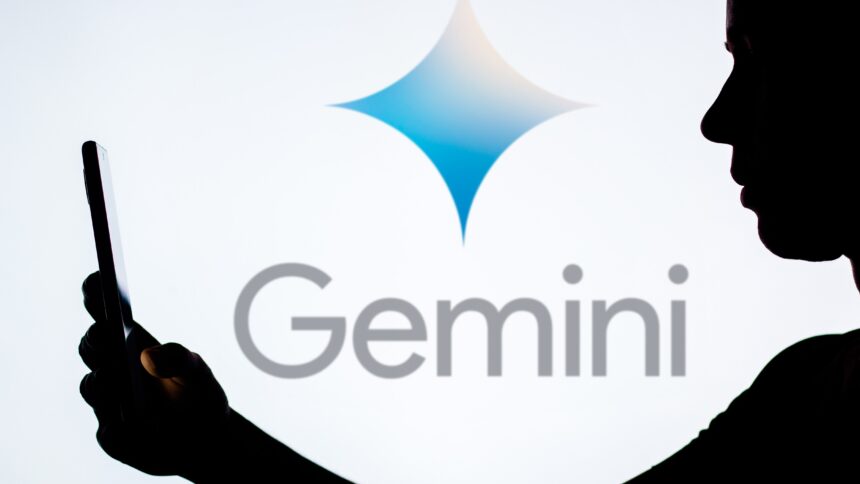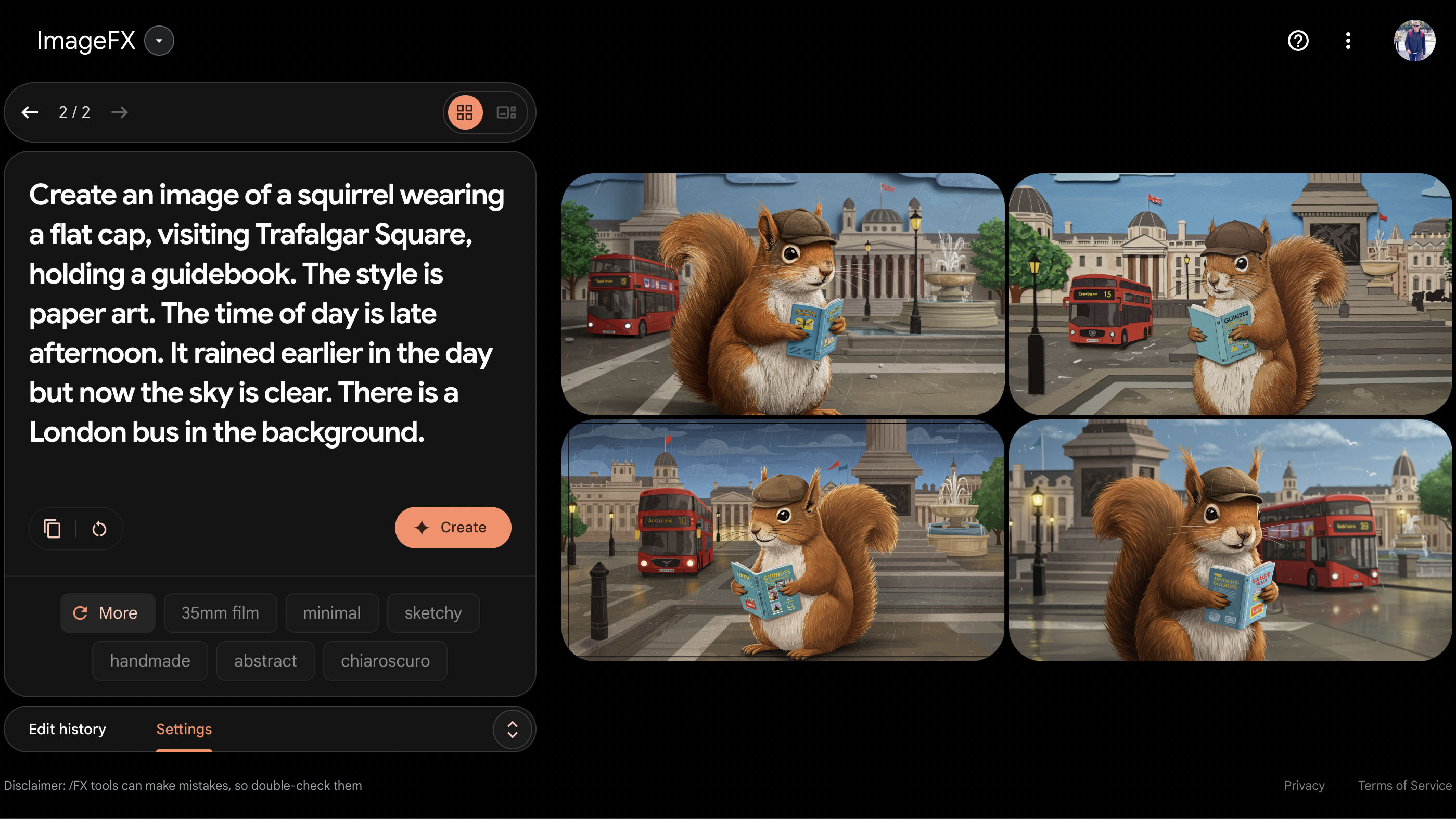Next week, the buzz surrounding the Google I/O event is set to crescendo as the company prepares to roll out a host of groundbreaking features, products, and improvements. At the centerpiece of this unveiling is Google Gemini, along with a suite of artificial intelligence innovations that are poised to transform how users interact with technology. With a blend of confirmed updates and fascinating forecasts, I’ve gathered the most noteworthy developments that I foresee as Google unveils its ambitious plans for Gemini.
The Launch of Project Mariner’s AI Agents
Introducing Project Mariner, a groundbreaking initiative by Google designed to enhance the use of AI agents, including tools like Manus and Browser Use. Unlike basic navigational aids that simply redirect users, Mariner aims to emulate human-like interactions with the web, utilizing virtual inputs to fill out forms, search for information, and conduct necessary online activities.
This advanced AI could prove invaluable in handling a variety of tasks, ranging from tax preparation and travel planning to managing customer support requests. Although not the pivotal focus of Gemini, Mariner integrates significantly into Gemini’s overarching goal of automating digital workflows. Interestingly, it is rumored that it will work seamlessly with Gemini Advanced and Google Chrome, offering a transformative solution for users tackling repetitive administrative tasks or exploring intricate government and insurance websites.
Gemini’s Enhanced Memory Features
The pursuit of persistent memory in generative AI continues to be a highly anticipated advancement. Speculation suggests that significant enhancements to Gemini’s memory capabilities will be announced at I/O, enabling the AI to remember user preferences without constant reminders. For instance, Gemini might recall your preference for avoiding early meetings or your habit of choosing aisle seats while traveling.
Similar to the memory systems in platforms like ChatGPT, Gemini is expected to allow users to instruct the AI on what memories to retain. Google will likely highlight the importance of user control, ensuring that the persistent memory feature can be managed, edited, or deleted at will, emphasizing an opt-in approach.
Revealing Imagen 4 and Veo 3
Imagen and Veo are at the cutting edge of Google’s generative AI initiatives, focusing on visual content creation. The forthcoming I/O event is expected to present their latest versions, with Imagen 4 anticipated to deliver notable improvements in producing photorealistic images that accurately adhere to user directives. These enhancements are set to ensure better stylistic continuity across multiple images. Parallelly, Veo 3 aims to achieve similar consistency in its video content, integrating with Gemini to facilitate user access for students, creators, and those requiring swift visual materials.
A Glimpse at Sharing Gems
The concept of Gemini Gems allows users to create personalized AI experiences for a variety of applications, whether it’s a motivational coach, a meal-planning assistant, or even an art critic for creative projects. Currently, though, these tailored models cannot be shared with others.
Gems bear resemblance to the customizable GPTs found in ChatGPT, albeit with a crucial difference: currently, GPTs are shareable through a marketplace. Google appears poised to embrace a similar model, with future plans possibly allowing users to trade their Gems. Envision a vibrant marketplace offering tutoring Gems for educational settings, specialized coding resources, or curated film suggestions. This community-centric model could reflect the thriving ecosystem experienced in the Play Store, enabling Google to foster a robust community around the Gemini platform.



























